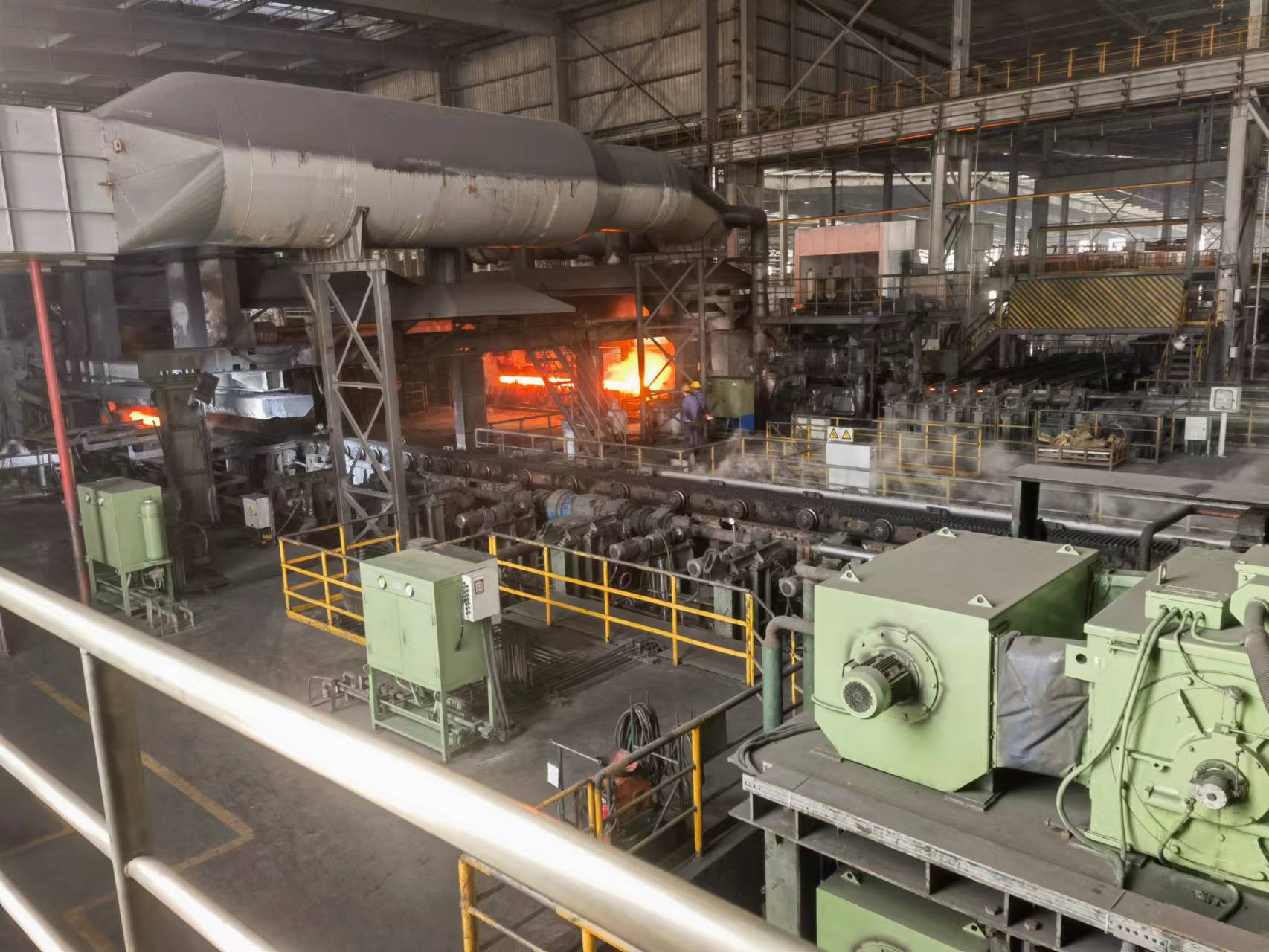Benefits of seamless steel Pipes in Various industries
Seamless steel pipes and welded steel pipes are two common types of steel pipes used in various industries. While both have their own advantages and disadvantages, seamless steel pipes are often preferred for their superior strength, durability, and reliability.

One of the main benefits of seamless steel pipes is their uniformity in shape and size. Unlike welded pipes, which are made by welding together two pieces of steel, seamless pipes are made by piercing a solid billet of steel to create a hollow tube. This manufacturing process results in a pipe that is free of seams or joints, making it less prone to leaks and failures.
fiberglass casing Oil well
Another advantage of seamless steel pipes is their ability to withstand high pressure and temperature. Because seamless pipes are made from a single piece of steel, they are able to handle greater stress and heat without deforming or breaking. This makes them ideal for use in industries such as oil and gas, where pipes are subjected to extreme conditions.
Seamless steel pipes are also known for their corrosion resistance. The absence of seams and joints in seamless pipes reduces the risk of corrosion, which can weaken the pipe over time. This makes seamless pipes a popular choice for applications where corrosion is a concern, such as in the chemical and petrochemical industries.
thc oil pipeIn addition to their strength and durability, seamless steel pipes are also easier to install and maintain. Because they are uniform in shape and size, seamless pipes can be easily connected using couplings or fittings, reducing the need for complex welding or threading. This not only saves time and labor costs during installation, but also makes maintenance and repairs easier and more cost-effective.
Seamless steel pipes are also more aesthetically pleasing than welded pipes. The smooth, seamless surface of seamless pipes gives them a sleek and professional appearance, making them a popular choice for architectural and decorative applications. In addition, seamless pipes can be easily painted or coated to match the surrounding environment, further enhancing their visual appeal.
Overall, seamless steel pipes offer a number of advantages over welded pipes in various industries. From their superior strength and durability to their corrosion resistance and ease of installation, seamless pipes are a reliable and cost-effective choice for a wide range of applications. Whether used in the oil and gas industry, chemical processing, or architectural design, seamless steel pipes continue to be a popular choice for their many benefits.
Advantages of Welded Steel Pipes in construction Projects
Steel pipes are a crucial component in various construction projects, providing structural support and facilitating the transportation of fluids and gases. When it comes to choosing between seamless steel pipes and welded steel pipes, both options have their own set of advantages and disadvantages. In this article, we will focus on the advantages of welded steel pipes in construction projects.
One of the primary advantages of welded steel pipes is their cost-effectiveness. Welded steel pipes are typically less expensive to manufacture than seamless steel pipes, making them a more budget-friendly option for construction projects with tight financial constraints. Additionally, the welding process allows for greater flexibility in terms of pipe size and shape, making it easier to customize pipes to meet specific project requirements without incurring significant additional costs.
Another advantage of welded steel pipes is their strength and durability. The welding process creates a strong bond between the individual steel plates, resulting in a pipe that is highly resistant to bending, cracking, and other forms of structural damage. This makes welded steel pipes an ideal choice for construction projects that require pipes to withstand heavy loads or harsh environmental conditions.
In addition to their strength and durability, welded steel pipes are also known for their uniformity and consistency. The welding process ensures that each pipe is manufactured to precise specifications, resulting in pipes that have consistent wall thickness and diameter throughout their length. This uniformity is essential for ensuring the structural integrity of the pipes and preventing leaks or other issues that can arise from variations in pipe dimensions.
oil tube China high-grade manufacturerWelded steel pipes are also highly versatile and can be used in a wide range of construction applications. Whether it’s for transporting water, gas, or oil, or for providing structural support in buildings and bridges, welded steel pipes can be adapted to suit a variety of project requirements. Their versatility makes them a popular choice among construction professionals who need reliable and cost-effective piping solutions.
Furthermore, welded steel pipes are easy to install and maintain, saving time and labor costs during the construction process. The welding process allows for quick and efficient assembly of pipes, reducing the overall installation time compared to seamless steel pipes. Additionally, welded steel pipes are less prone to corrosion and other forms of deterioration, reducing the need for frequent maintenance and repairs.
In conclusion, welded steel pipes offer a range of advantages that make them a preferred choice for construction projects. From their cost-effectiveness and strength to their uniformity and versatility, welded steel pipes provide a reliable and efficient solution for a wide range of piping needs. Whether you’re building a new structure or repairing an existing one, welded steel pipes are a practical and durable option that can help you achieve your project goals.
